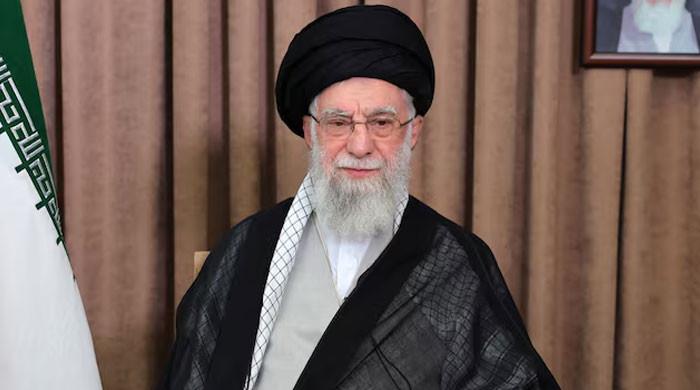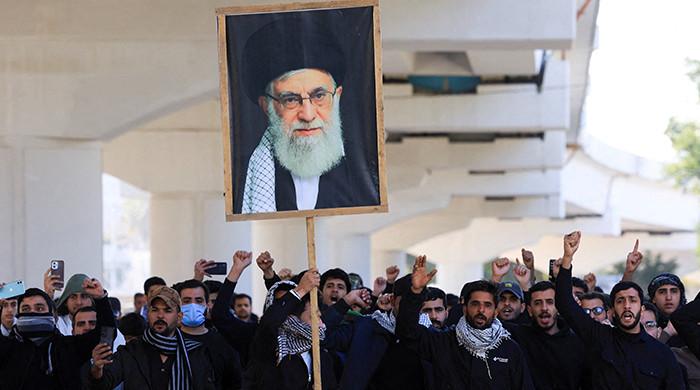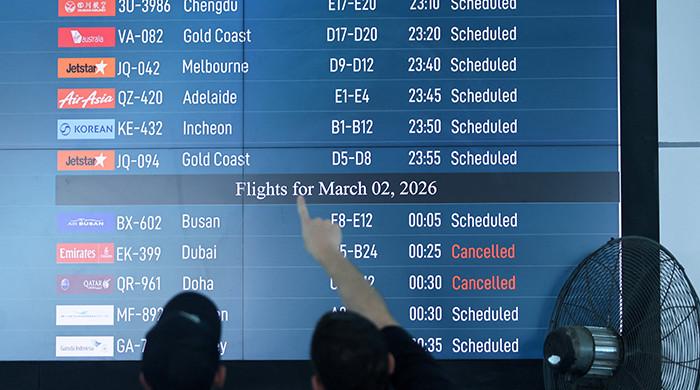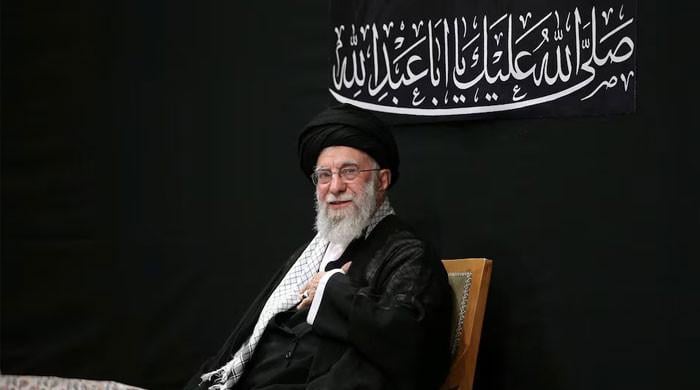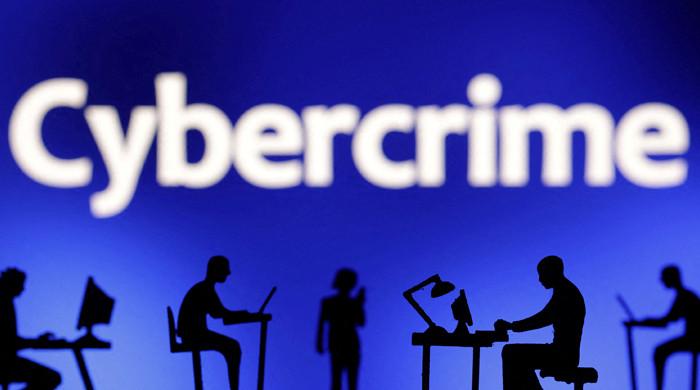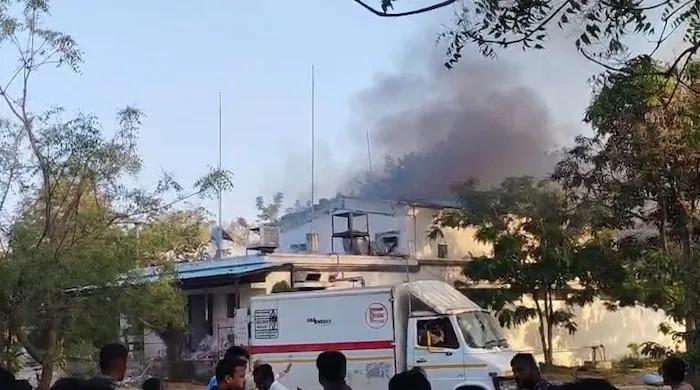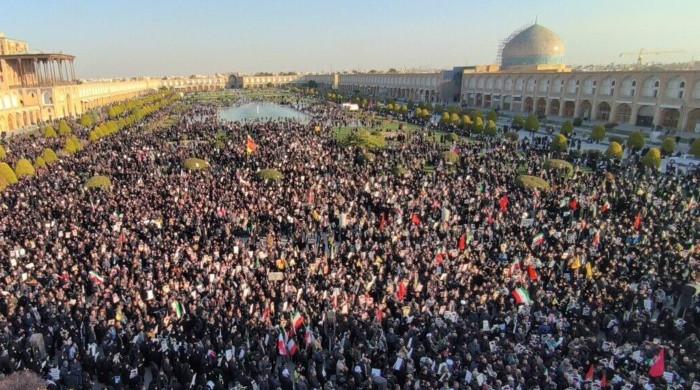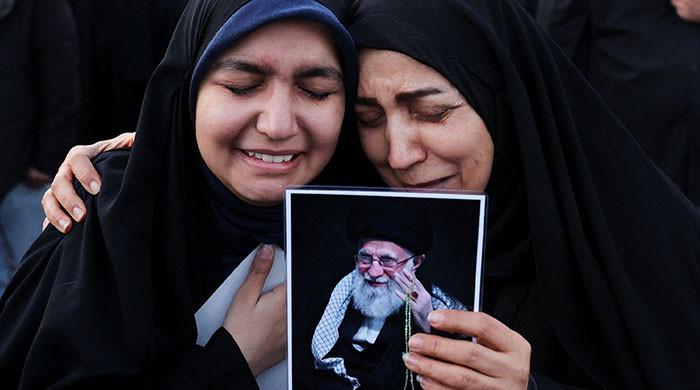Musk responds to Saudi Prince Talal's rejection of his offer to buy Twitter
Musk asks about Kingdom’s views on journalistic freedom of speech
April 15, 2022
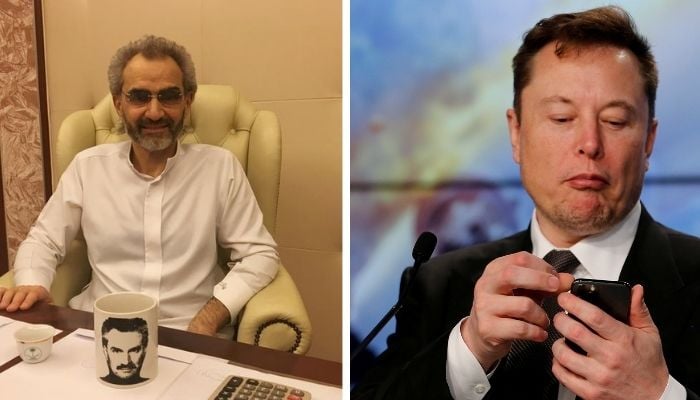
Elon Musk has questioned Saudi Kingdom's role in Twitter and its views on freedom of speech after Prince Alwaleed bin Talal rejected the billionaire's offer to buy the microblogging platform.
The tech billionaire recently announced he wanted to buy Twitter because he believes the privatisation of the company will help it reach its full potential.
Read more: Elon Musk announces offer to buy Twitter, netizens respond
The prince tweeted from his verified account: “Being one of the largest & long-term shareholders of Twitter, @Kingdom_KHC & I reject this offer,” referring to the Saudi Arabia-based Kingdom Holding Company he owns.
The prince also reminded that his company's stake in Twitter had risen to 5.2% by sharing a Tweet from 2015.
Elon Musk, a proactive user of the social media platform, responded to the tweet by saying: "Interesting. Just two questions, if I may. How much of Twitter does the Kingdom own, directly and indirectly? What are the Kingdom’s views on journalistic freedom of speech?"
Netizens quickly responded to Musk's tweet by recalling incidents that highlighted the lack of freedom of speech in Saudia Arabia. A group pointed out the incident of Abdulrahman al-Sadhan, who was arrested for making satirical tweets and sentenced to 20 years of imprisonment by a Saudi court, reported Al Jazeera.
A user recalled another case from 2019 when a few former Twitter employees were charged with spying for Saudia Arabia.
Another user wrote: "After being tortured and shaken down at the infamous Ritz purge,@Alwaleed_Talal had to give up 50% of @Kingdom_KHC as a “settlement”. Since then, he hasn’t been able to travel outside Saudi Arabia and probably doesn’t control investment decisions or even his Twitter account."
Al-Jazeera, in a separate report, said that Saudia Arabia allegedly monitors Saudi journalists and does not allow independent media.




